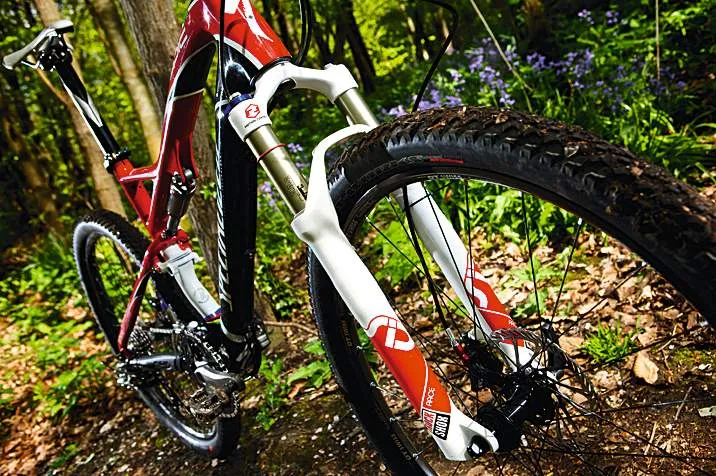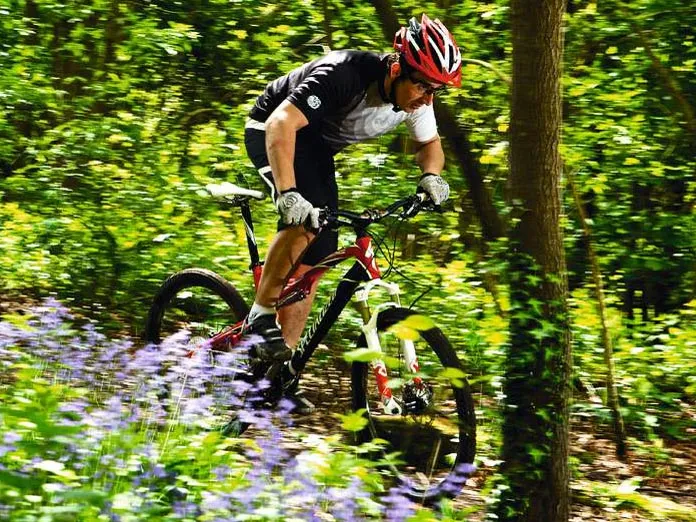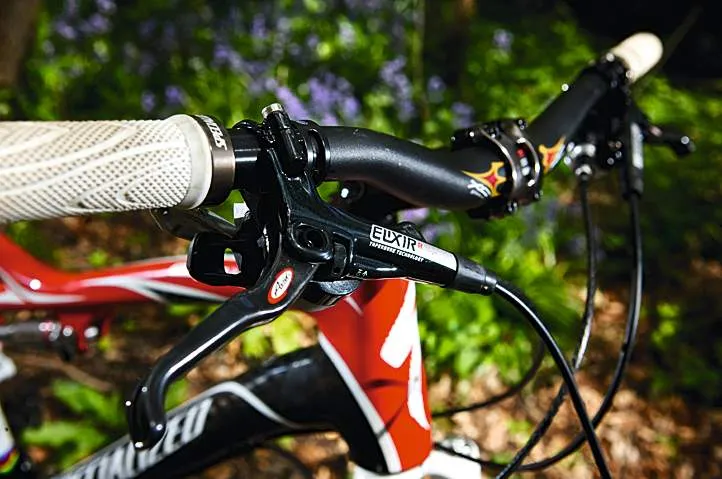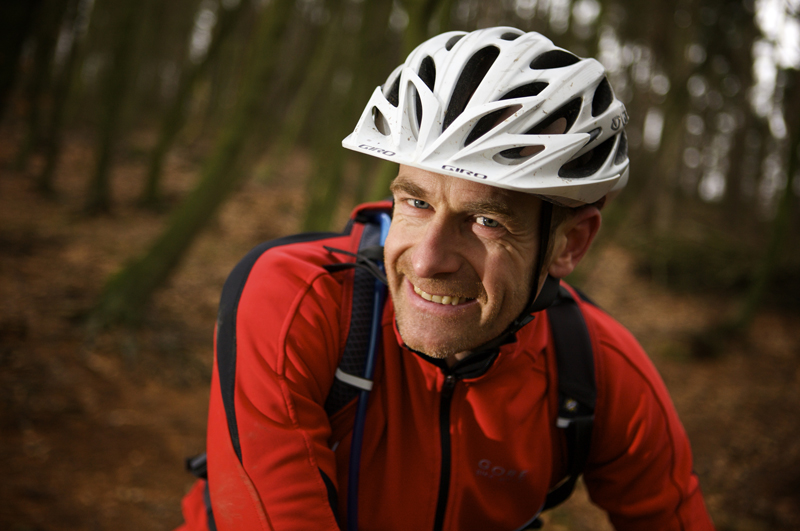The new carbon configuration of Specialized’s Epic clinched the ultimate debut when Christoph Sauser won the Cross-Country World Championships on its first outing. It’s still a horse for specific courses though.
Ride & handling: Fast race bike, but not as predictable, controlled or playful as some rivals
The main reason to buy an Epic has to be the FlowControl BRAIN rear shock with its ‘automatic’ switch from locked for sprinting to ground-huggingly supple over bumps.
An internal inertia valve can sense the difference between input from the rider pedalling, which is when it stays locked out, and a bump force from the ground, which is when it allows the shock to move by a cross-country race worthy maximum of 100mm (3.9in).
But while the BRAIN Fade threshold can be set lower than ever, we couldn’t tune a noticeable clunk and knock out of the BRAIN’s thinking process, and once you hit the rough stuff, the proprietary Specialized shock is nowhere near as controlled as a Fox damper.
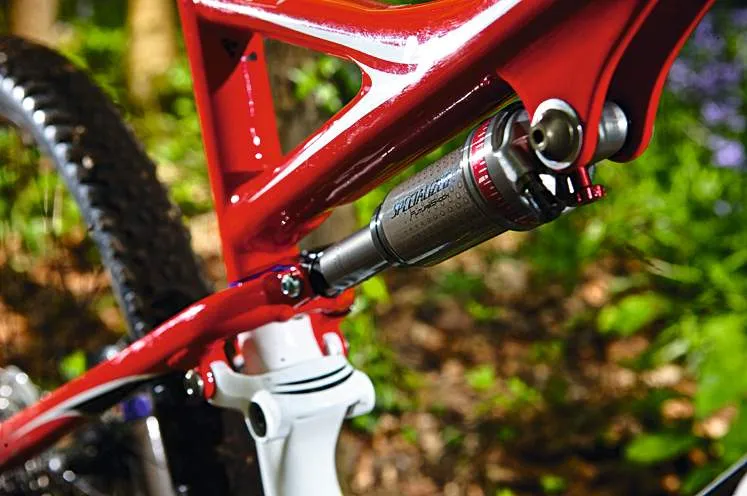
While the front end is adequately stiff, there’s enough bend in the rear end to ghost-shift gears under power and the 24-spoke front, 28-spoke rear wheels fumble and twist when pushed hard.
The difference between the locked mode and soggy-neutral FSR suspension feel takes some adjusting to as well – particularly if it switches mid corner.
While the 90mm stem, riser bar and 70-degree head angle are more singletrack friendly than a classic Euro flat bar setup, the Epic is definitely a racer rather than a raver. It always feels like we’re tiptoeing through technical sections rather than getting properly stuck in.
There aren’t many bikes that’ll edge it in a straight-line drag race though, and if you want thought-free bump insurance rather than state-of-the-art smoothness, it’s still in a class of its own.
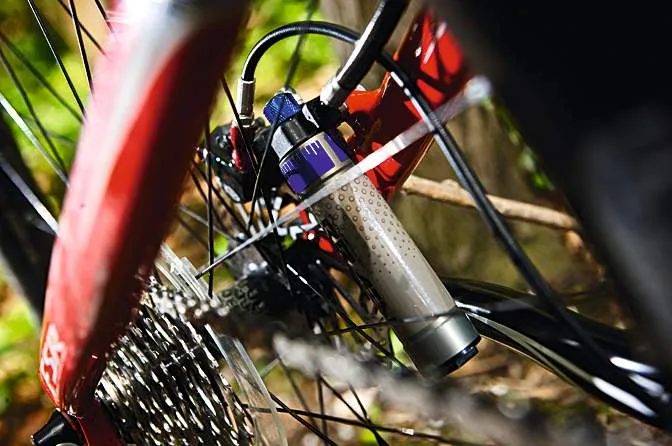
Frame: Good enough for a world champion
Even at £2,700, the Expert is the cheapest bike in the Epic family. That means you get the same FACT carbon mainframe as the top-end S-Works frame, but an alloy rather than carbon fibre rear end.
There’s a tapered 1.125in-1.5in steerer tube on the fork to increase front-end accuracy, and the lack of bridges on the back end means decent mud clearance.
Equipment: Quality forks, brakes and transmission
The Race version of RockShox’s 100mm (3.9in) SID fork isn’t as controlled as the Black Box version but it still doesn’t back down from much.
The Avid Elixir brakes are excellent, and the Shimano and SRAM transmission doesn’t miss a beat. Specialized’s S-Works Fast Trak LK tyres are fast, if not particularly grippy.
